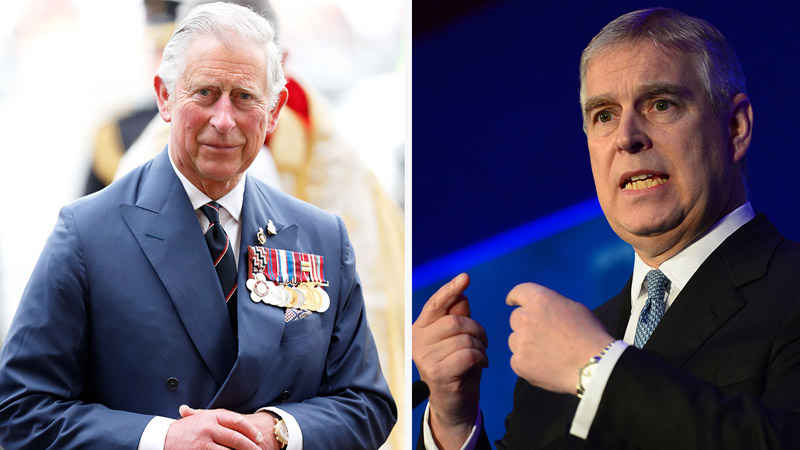Trump Agrees to Additional Terms for $175 Million Bond in $450 Million Civil Fraud Case

Photo Credit :McCollester/Getty Images
Former President Donald Trump recently agreed to a set of five new conditions imposed by New York Attorney General Letitia James to secure the approval of his $175 million bond in an ongoing civil fraud case. This development comes amid concerns raised by prosecutors about the financial reliability of the insurance company, Knight Specialty Insurance, which posted the bond on Trump’s behalf.
According to Josh Fiallo of The Daily Beast, prosecutors expressed doubts about the financial stability of Knight Specialty Insurance, noting the company’s history of violating federal law and its reliance on risk-transfer practices. These practices, they argued, were used to artificially enhance the surplus funds that the company claimed to have available to cover Trump’s bond.
In response to these concerns, Trump accepted several stringent conditions to ensure the bond would be satisfactory. One key condition required Knight Specialty Insurance to earmark the funds meant for securing Trump’s bond, with a strict directive not to utilize these funds until the legal proceedings were resolved.
Additionally, the company must provide monthly financial statements to the Manhattan District Attorney to verify compliance with the terms set forth. These measures are designed to safeguard the arrangement, ensuring that Trump’s assets remain protected from seizure while he appeals the court’s ruling.
Trump was found liable for over $450 million in damages and back interest by Judge Arthur Engoron, who concluded that Trump and his two adult sons had inflated the value of Trump Organization assets. This inflation, according to the judge, was done to reduce their tax liability and obligations on loan interest. Despite these allegations, Trump has consistently denied any wrongdoing regarding the asset valuations.
Securing the bond was a significant hurdle for Trump, who faced the real possibility of asset seizure by James’ office. The situation reached a critical point until a federal appeals court intervened, reducing the bond amount from a higher initial sum to $175 million and extending the deadline for Trump to secure a financial backer.
Interestingly, the choice of Knight Specialty Insurance as the bond backer is noteworthy. The company is owned by billionaire Don Hankey, known for his wealth from subprime used car loans. Ironically, Hankey’s companies were previously sued by the administration Trump once led, accused of defrauding troops. These layers of complexity add to the intrigue of the case, as the New York Attorney General’s office initially expressed reservations about the appropriateness of this arrangement given the past controversies involving Hankey.
As Trump navigates these legal challenges, the conditions imposed for his bond reflect a rigorous effort by the New York Attorney General’s office to ensure transparency and accountability, especially given the significant financial and legal implications of the case. This saga underscores the ongoing legal battles Trump faces and the meticulous scrutiny involved in the procedures set by the authorities overseeing his case.


